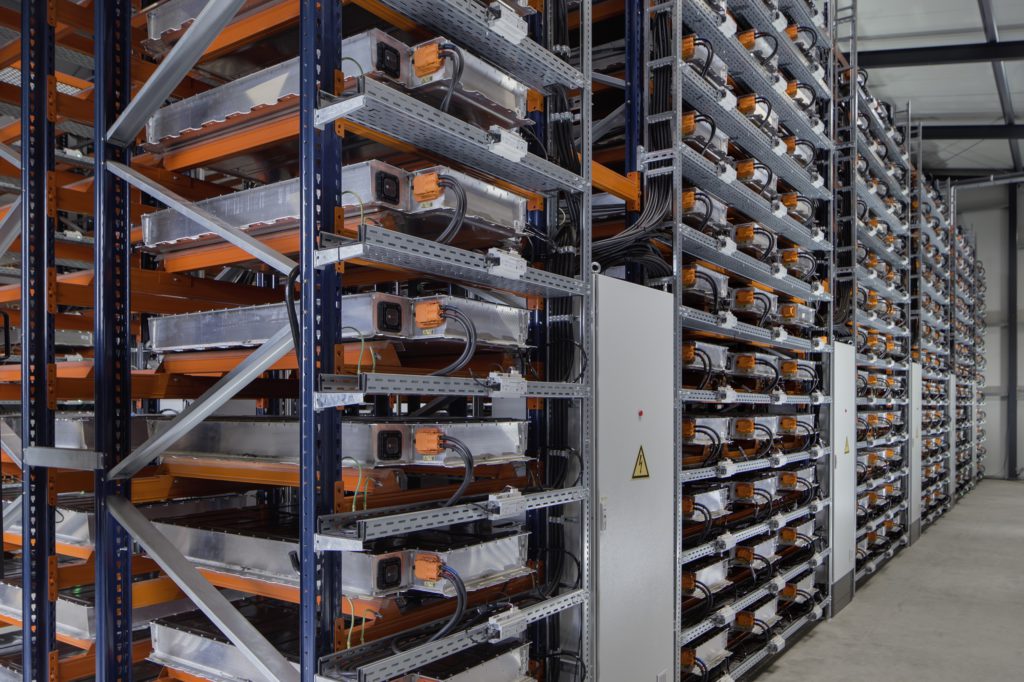
· Battery technology advancing helps in increasing the sustainability and reliability of energy.
· Electric planes help in the sustainability of energy. This is by reducing noise, emissions and lowering operational costs.
CATL as announced a new condensed battery with 500Wh/kg to start mass production later in the year. The condensed battery will provide higher energy density. This means that the batteries will be able to store much energy in a small space. Condensed batteries will bring electrification in sea, land and air transportation. Electric vehicles can open up more possibilities of the development of the industry. They also promote achieving of the global carbon neutrality goals. The new battery will have almost double the energy intensity of Tesla’s 4680 cells. They provide great charge and discharge performance and good safety performance.
Suspension clamp protect the conductors and devices from the vibrations. They help to reduce loose connections that lead to electrocution. Suspension clamps are from aluminum alloy and galvanized steel. These materials help them to resist rust and corrosion for durability. The presence of such materials helps to reduce repair and maintenance costs.
Electric plane sustainability with the breakthrough in battery technology
Electric planes offer potential for sustainability benefits as battery technology continues to grow. The advancement of battery technology help to revolutionize the aviation industry. This is through providing a more sustainable and environmentally friendly mode of transportation. Suspension clamps work with other pole line fittings such as bolts, nuts and washers. These devices help to securing a connection on the overhead lines. This also helps to reduce overcrowding and loose connections. Energy densities, fast charging times and longer flight times increase the sustainability. Below are the various ways that the electric planes contribute to sustainability.
1. Noise reduction
Electric planes have the potential to be much silent than traditional planes. This means that the electric planes can reduce the noise pollution.
2. Reduced carbon emissions
Electric planes have potential to reduce carbon emissions in the aviation industry. This is because the aviation industry contributes to the greenhouse gas emissions globally. The electric vehicles can reduce the emissions from jet fuel combustion.
3. Lower operational costs
Electric vehicles are energy efficient than traditional planes. This means that they need less fuel to operate. They can also charge which takes less time than 20 minutes to charge. This also helps in reducing the downtime and charge times. This could lead to lower operating costs and lower ticket price form consumers.

Challenges facing CATL in battery advancements
CATL is the leading manufacturer of lithium-ion battery in the world. The company recently announced a new breakthrough in battery technology. The condensed battery increases the energy density of the batteries. Suspension clamps vary in functionality and operability in different applications. This is because the clamps have different designs and mechanical abilities. This makes the batteries be able to store a lot of energy in a small space. The company faces several challenges in battery technologies which are as discussed below.
· Cost
The cost of battery production is one of the challenges facing the company. The company works to reduce the costs by improving manufacturing processes. Increasing production capacity and developing more advanced battery chemistries also reduces the costs. Battery production is expensive which can limit the adoption of electric vehicles. The high costs also limit the adoption of other battery powered technologies.
· Safety concerns
Any safety occurrences can damage the company’s reputation and trust in the industry. Safety is a serious aspect in the production. CATL has experienced challenges such as batteries catching fire in a parked car in China. They have since established measures to improve safety which still remains a challenge.
· Supply chain issues
Supply chain for batteries is complex and subject to geopolitical risks. The companies face challenges in securing a stable supply of raw materials. Materials include lithium, cobalt and nickel which are key in battery production.
· Environmental concerns
Manufacturing can have significant impact on the environment on the environment. This is especially in the resource consumption, waste generation and carbon emissions. CATL has faced criticisms for the environmental impact it has brought. The company has been working to reduce its carbon footprint. It is also working to adopt more sustainable manufacturing practices.
· Competition
CATL faces competition from other established battery manufacturers in the market. These includes Tesla, LG Chem and Panasonic.
